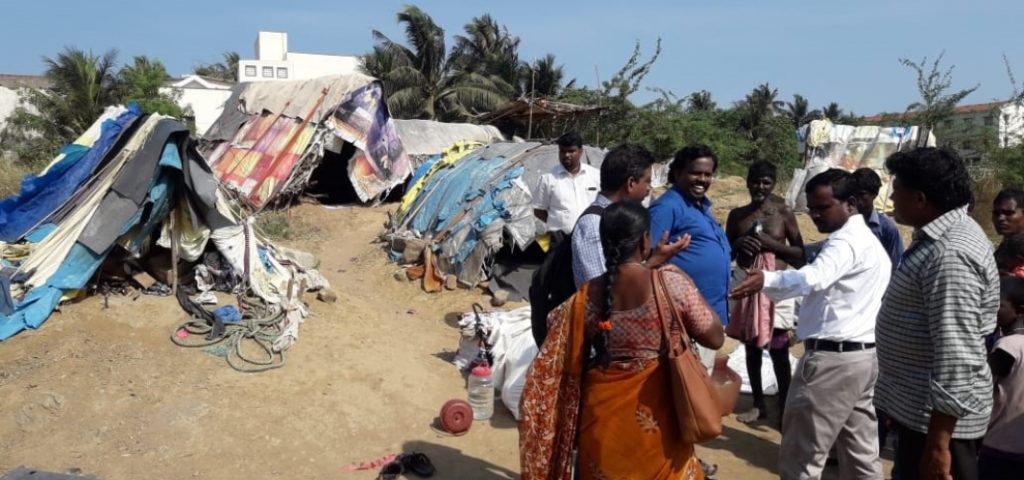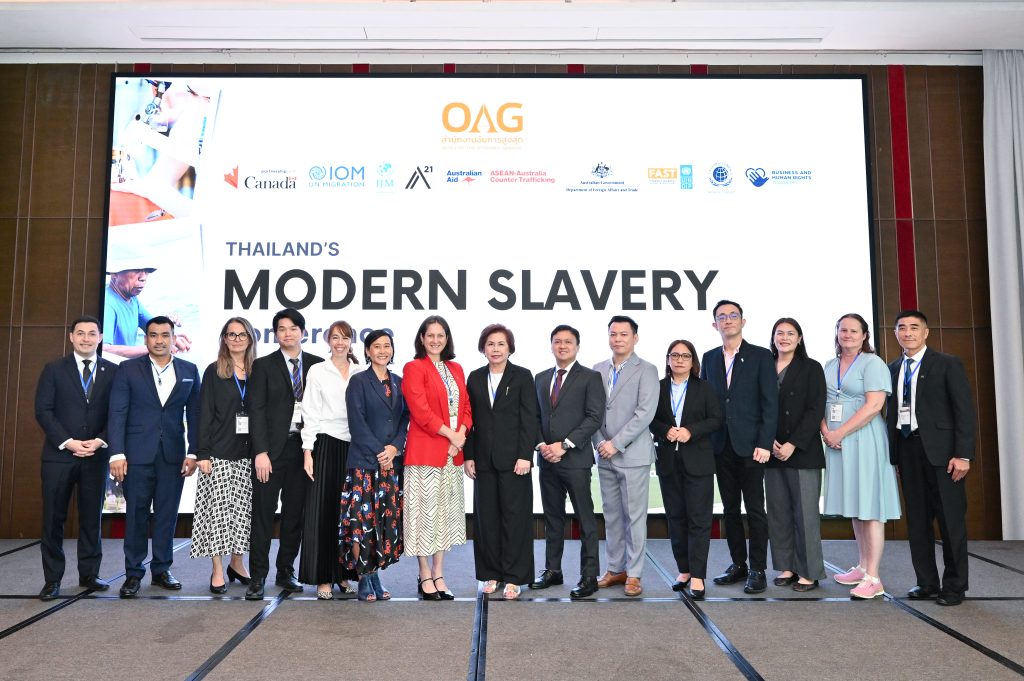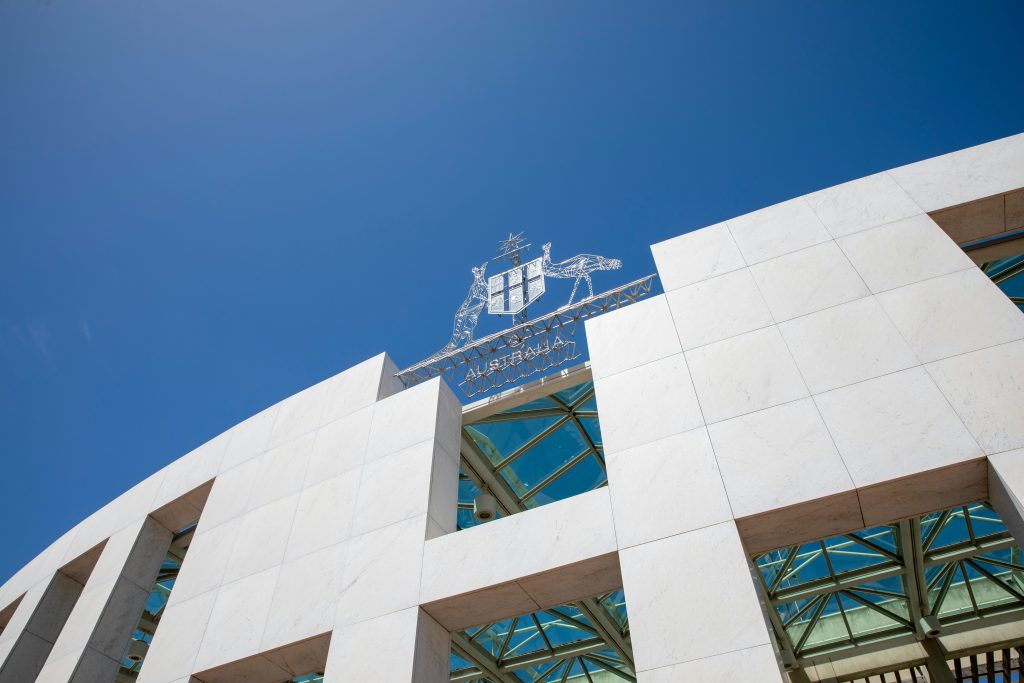South Asia
Repeat Slave Owner Arrested as 31 are Freed from Horrible Conditions

A frantic phone call from one escaped labourer set off a critical rescue operation on Thursday—leading to freedom for 31 people who had been enslaved for three years in southern India.
These 19 adults and 12 children—including several small babies—lived under the control of a brutal business owner who preyed on their poverty and forced them to chop wood every day in horrible conditions.
The families had taken small loans from him to survive (some just 3,000 rupees, or A$60) and the owner multiplied these debts to convince them they could never leave.
It was a familiar pattern for this slave owner: Authorities rescued 23 people from his control and abuse in 2013. But because he was not formally arrested, he was free to enslave others again.
Believing he was untouchable, the owner and his assistant enslaved these six new families, forced them to work, and beat them frequently if they were too slow. He also moved them constantly to different work sites, so they slept in crude, makeshift tents made from old tarps, threadbare clothes and billboard canvas.
Women faced frequent sexual harassment, and one 14-year-old girl had even been given alcohol and was sexually assaulted by the owner. Under this culture of violence, the labourers and their children were living in constant fear.
On 6 March, one labourer managed to escape the work site and place a call to IJM investigators. Our team worked with local law enforcement to stage a rescue operation on 7 March and bring all the families to safety.
This time, local officials were better educated on the law and arrested the owner and his assistant right away. Clearly moved by the conditions and violence these families had endured, the official in charge of the rescue operation stated firmly,
“This kind of crime should be brought out in public, and severe action should be taken against the owner.”
The owner and his assistant have been charged under India’s anti-slavery and child labour laws, and a separate case has been lodged over the alleged sexual assaults.
IJM and local officials are helping the six rescued families return to their home village. They will be supported by IJM’s two-year aftercare program as they recover and rebuild their lives.
IJM will also support police and public prosecutors as they build a legal case against this repeat slave holder, so he will one day be held accountable for his crimes and cannot enslave others again.
Hear more stories similar to this at IJM’s Australian Prayer Gathering on Saturday 11 May 2019 in Sydney.




